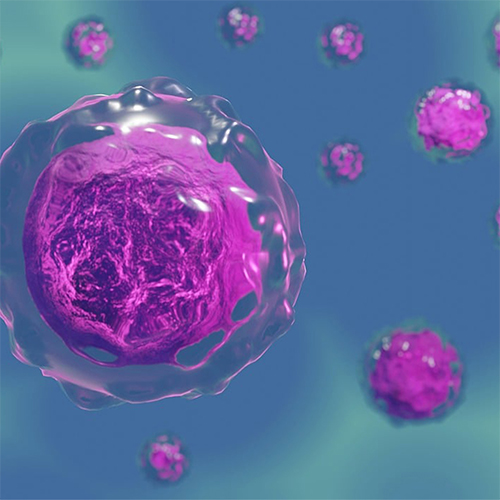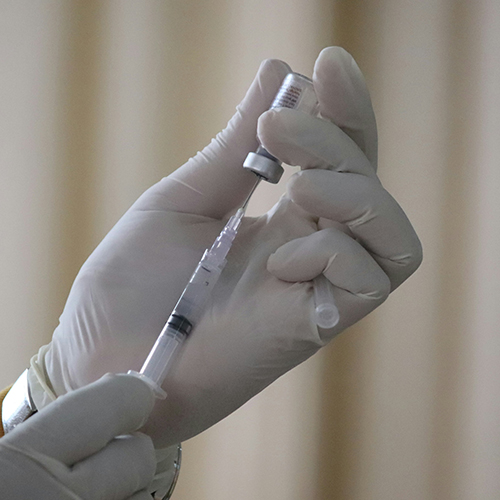The FDA has issued a warning to parents regarding common teething remedies for babies. Over-the-counter (OTC) drugs and teething jewelry may seem like good options, but they can lead to serious injury or even death.
Teething Bracelets, Necklaces and Other Jewelry
Teething necklaces, bracelets, and other jewelry worn by either an adult or child, marketed to relieve an infant’s teething pain, could pose a danger to your baby. Serious risks associated with teething jewelry can include: choking, strangulation, injury to the mouth, and infection.
Jewelry marketed for teething is not the same as teething rings or teethers, which are made of hard plastic or rubber and not wearable by an adult or child. Jewelry for teething has beads made of various materials such as amber, wood, marble, or silicone.
Occasionally these products are also marketed for people with special needs, such as autism or attention deficit hyperactivity disorder to provide sensory stimulation or redirect chewing on clothes or body parts.
Teething Creams and Gels
The FDA warns against using any sort of topical medication to treat teething pain in children. Prescription or OTC creams and gels or homeopathic teething remedies offer little to no benefit and are associated with serious risk.
Benzocaine – a local anesthetic – is the active ingredient in several OTC oral health care products such as Anbesol, Baby Orajel, Cepacol, Chloraseptic, Hurricane, Orabase, Orajel, and Topex. These products can be dangerous and are not easily washed out of a baby’s mouth. Products containing benzocaine can lead to a serious, sometimes fatal, condition called methemoglobinemia which inhibits hemoglobin from delivering oxygen to the tissues in the body.
Easing Teething Pain
The FDA recommends gently massaging your baby’s gums with your finger or teething rings made of firm rubber. Make sure to supervise children with teething rings and make sure they are not frozen or too hard as it can hurt your child’s gums.














